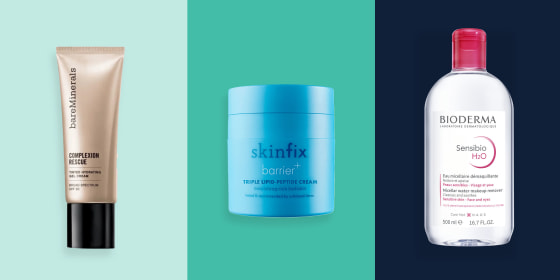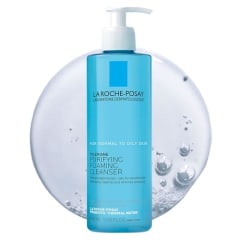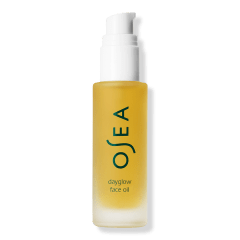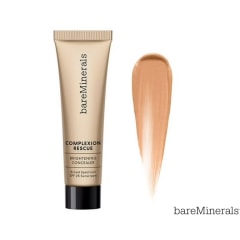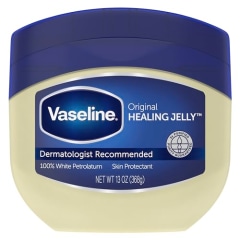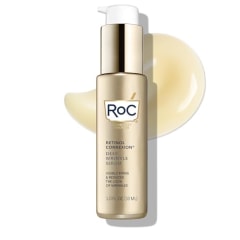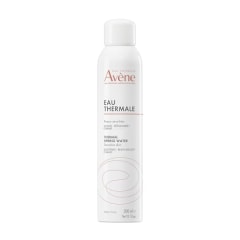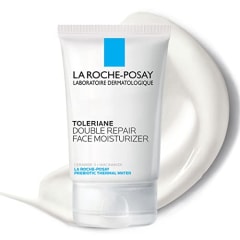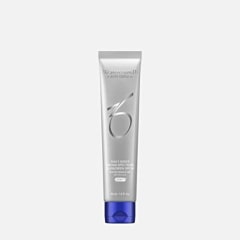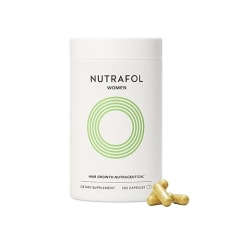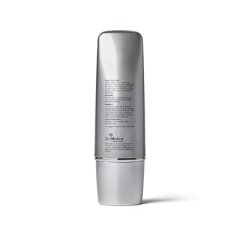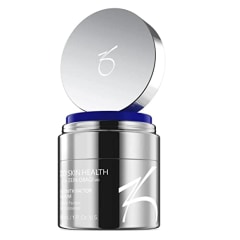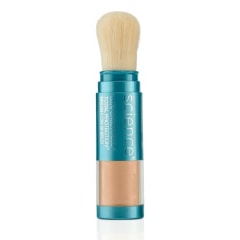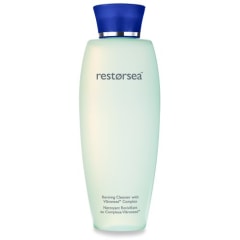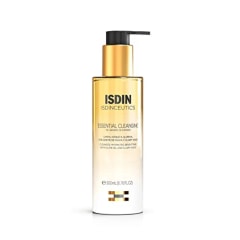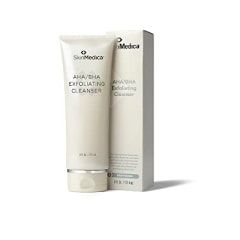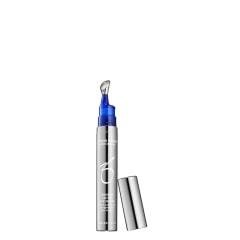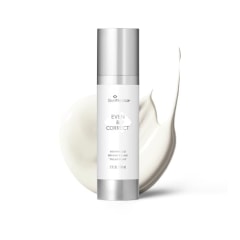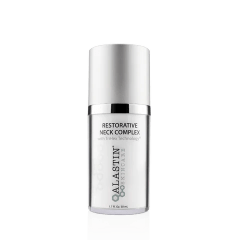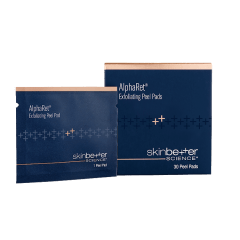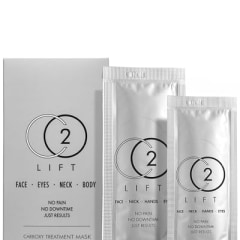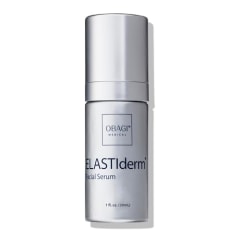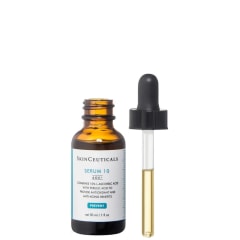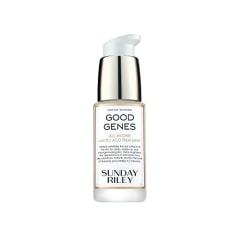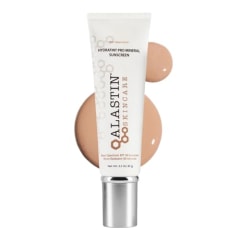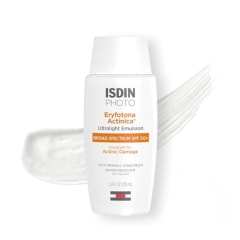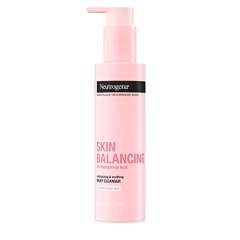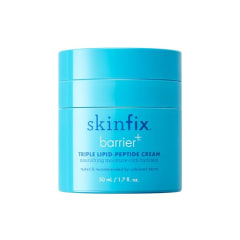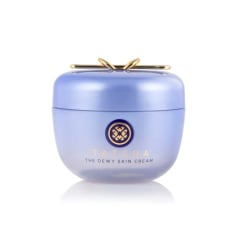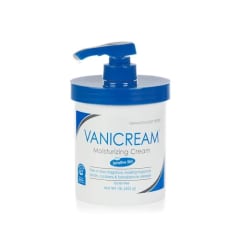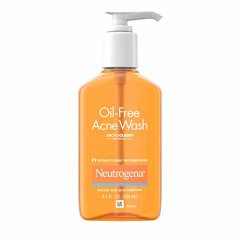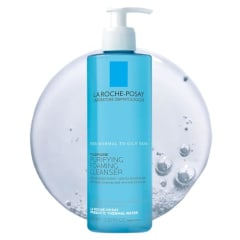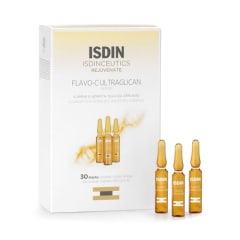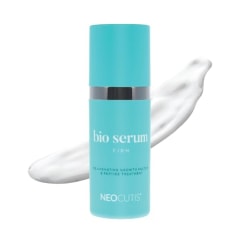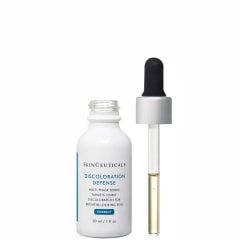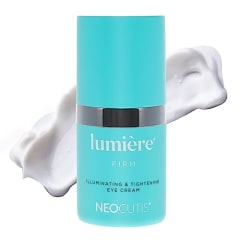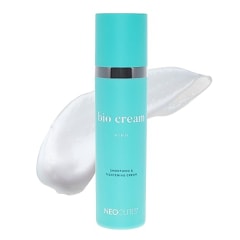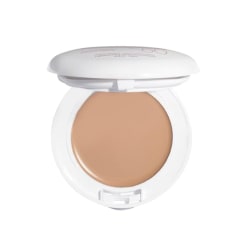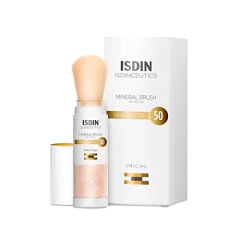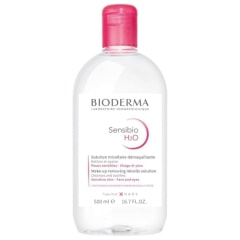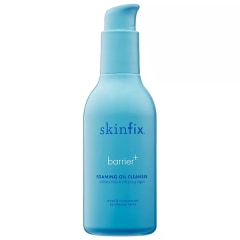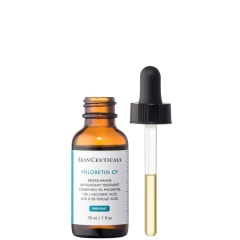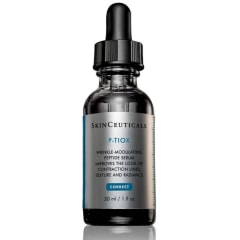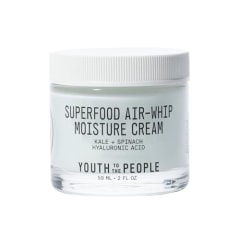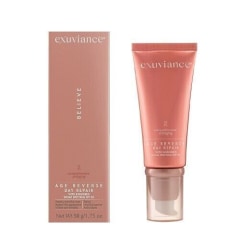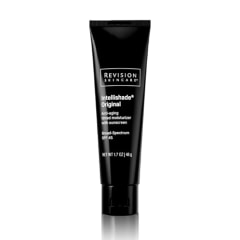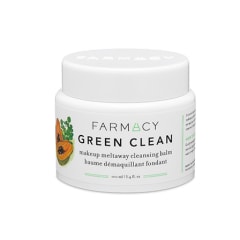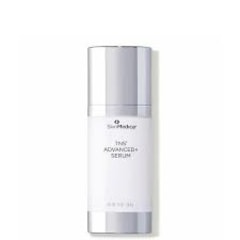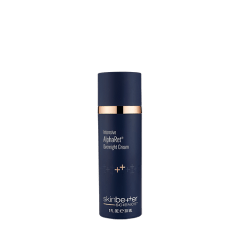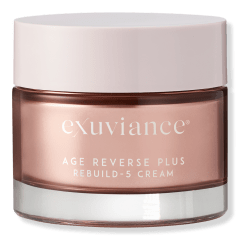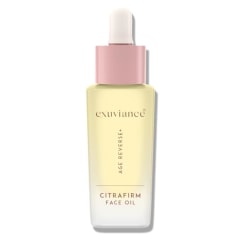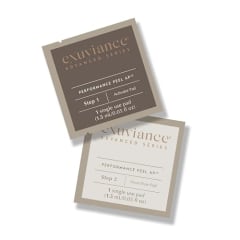Healthy, glowing skin usually relies on a balanced daily skin care routine. Whether you’re just starting out or an experienced skin care enthusiast, a solid routine can take time to perfect — especially when the efficacy of certain products depends on your skin type and tolerance levels.
Dermatologists have a lot of insight into the type of products and active ingredients that can help craft a good skin care routine, which takes into account skin type and addresses any skin concerns. “There is an assumption that my skin care routine must be complicated and expensive — neither is true,” says board-certified dermatologist Dr. Erum Ilyas. But they’re just like us: They have a skin care routine they follow, which range from short and simple to extensive and complex (though they all agree on a few key things, including using retinoids and religiously applying sunscreen).
Below, I highlighted five dermatologists’ step-by-step morning and evening skin care routines, plus their tips for how to craft a good routine and what specific treatments to consider (and which ones to avoid).
SKIP HEAD Dermatologist-approved skin care routines | Why trust NBC Select?
Want more from NBC Select? Sign up for our newsletter, The Selection, and shop smarter.
Dermatologist-approved skin care routines
In addition to detailing their skin care routines, I also highlighted derms’ favorite products to use both in the morning and at night below. I noted their skin type and any skin concerns they keep in mind while crafting their routines.
Dr. Erum Ilyas, a board-certified dermatologist at Schweiger Dermatology in New York City
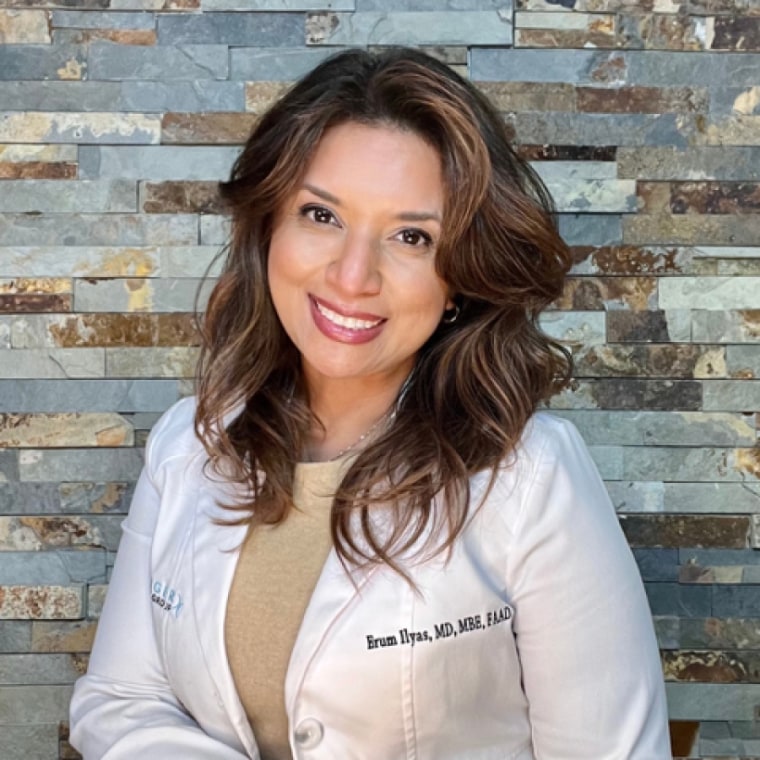
Skin type: Oily
TLDR: I try to find a balance between treating wrinkles and combating the dryness that comes from retinoids. I’ve maintained a similar skin care routine for decades: I started to incorporate retinoids and sunscreen about 30 years ago, and added a moisturizer formulated to reduce fine lines and wrinkles a few years later. Skin care products and routines are a long game — they may not always reverse the changes you note in your skin, but they are pretty good at preventing the damage from occurring in the first place. As I transition into menopause with the big ‘5-0’ in a few months, I’ve made thoughtful adjustments to my skin care routine to better meet my skin’s evolving needs.
My daily routine: I start my day by washing my face with a gentle cleanser, like the La Roche-Posay Purifying Foaming Cleanser, which lifts oils without over-drying, leaving my skin feeling fresh and balanced. I was noticing dryness in the past year and felt that thicker moisturizers were sitting on my skin and not hydrating well, so I replaced my previous moisturizer with the Osea Dayglow Face Oil, a lightweight yet hydrating product that absorbs easily into my skin. I follow that with my favorite tinted sunscreen (I’ll typically reapply sunscreen every two hours if I’m spending time outdoors; if I’m at work and inside, I’ll only apply it in the morning). This simple routine ultimately sets the base for my everyday makeup routine.
At night, I use the same cleanser as I do in the morning. To remove any wax-based or heavier makeup products, I use a cotton round dipped in Vaseline to remove mascara, eyeliner and similar products, which is a safe and gentle way to remove stubborn makeup.
I have been using RoC Retinol Correxion Serum more consistently for anti-aging benefits — I had been struggling to find a retinol that wasn’t too drying, and so far so good. When dryness lingers from the retinol, I layer Avene Eau Thermale for soothing hydration, followed by the La Roche-Posay Toleriane Double Repair Cream for overnight moisture and repair.
Dr. Jeanine Downie, a board-certified dermatologist and founder of Image Dermatology in Montclair, New Jersey

Skin type: Combination/dry skin with hyperpigmentation
TLDR: My main skin care concerns I am targeting are anti-aging and hyperpigmentation with my routine. I prioritize sunscreen during the day: I do not turn on my phone until after I put the sunscreen on because this sunscreen protects you from the blue light of your phone, computer, and indoor lighting (I apply sunblock on my face, neck upper chest and back of my hands every single day). I also sleep with a humidifier and exercise seven days a week, and I don’t smoke, drink alcohol or drink coffee at all.
My daily routine: For my morning routine, I get up and put on Zo Daily Sheer Broad Spectrum Sunscreen SPF 50 and I take four Nutrafol tablets every morning to keep my hair looking good. Next, I exercise with a combination of cardio (running or Peloton) and weights. After I take a shower, I put on Skinmedica Total Defense and Repair SPF 34 or the same Zo sunblock. Then, I put on Sente Dermal Ultra Nourish Cream to even out my skin tone and moisturize my skin, and then layer the anti-aging Zo Growth Factor Serum on my face and my eyes.
Around mid-day, I reapply sunscreen using the Colorescience Powder Puff — I do this several times in the middle of the day, and both cut the oil/ shine from my complexion. In the evening, when I get home from work I put my hair back and use Cyspera 5% on my dark spots for about 10 to 12 minutes a few times a week (I apply it over sunscreen and makeup at the end of the day).
At bedtime, I wash my face with a Restorsea cleanser, the Isdin Essential Cleansing Oil or Skinmedica AHA/BHA exfoliating cleanser. I gently pat my face dry and then put on the Skinmedica TNS Advanced Plus Serum, Obagi Elastiderm serum, Zo growth factor eye serum, followed by a neck cream. Once a week, I’ll use the Skinbetter Peel Pads for one hour at night. Roughly once a week, I also use the CO2Lift gel mask to super hydrate my skin and decrease inflammation.
Dr. Paul Cellura, a board-certified dermatologist at Tribeca Skin Center in New York City

Skin type: Dry
TLDR: I prefer to keep my daily routine as simple and evidence-based as possible. Overdoing the routine with too many steps and ingredients can have negative effects on your skin. Plus, from a time-saving perspective, it helps to keep things on the minimal side — I do three main steps in the morning, and three in the evening.
My daily routine: No matter the season, I tend to be on the dry side. As a New Yorker, this tends to be most challenging in the winter months. I only wash my face once per day — in my evening routine — because washing twice per day is too drying for me.
I start off my routine with a serum containing antioxidants, specifically vitamin C. I then layer on a product containing alpha hydroxy acids (AHAs), which helps improve skin texture and unclog pores (I have been using Sunday Riley’s Good Genes, which contains lactic acid, for a while now). The final step in my morning routine is applying sunscreen; I like my sunscreen with a little tint to help even my complexion. I use the Alastin HydraTint Pro Mineral Sunscreen SPF 36 in the drier/colder months since it’s more hydrating for me, and I use the Isdin Eryfotona in the summer months because it’s lighter. When I’m spending a significant amount of time outdoors, I always apply sunscreen to any exposed areas about every 90 minutes.
In the evening, I use a calming and non-irritating cleanser like Neutrogena’s Skin Balancing Milky Cleanser. Since I have very dry skin, I follow that with a prescription-strength retinoid (Tretinoin 0.05%) compounded with prescription hyaluronic acid, turmeric and niacinamide to make it more tolerable. I then apply a thicker nighttime moisturizer to combat dryness and offset any irritation from the retinoid (this is where I play around the most in my routine as I like to try out different moisturizers, currently I’m loving Skinfix’s Triple Lipid-Peptide Cream and Tatcha’s Dewy Skin Cream). I use the Vanicream Moisturizing Cream for my body and have a humidifier in my bedroom while sleeping (this is especially important in the winter).
My night routine also includes going to the gym: Studies show that resistance training has proven to increase skin elasticity, collagen production and dermal thickening. If you’re serious about trying to optimize your skin to the best of your ability, incorporating regular resistance training in your routine is vital.
Dr. Gabriela Soza, a board-certified cosmetic dermatologist at PFrankMD in New York City

Skin type: Combination acne-prone skin; has melasma, discoloration and fine lines
TLDR: Without any active skin care ingredients, my skin would be on the oily side. But the prescription retinoid I use tends to dry out my skin, so I need to find a balance. I prefer incorporating gentle yet purifying cleansers and intense, effective hydrating serums and moisturizers into my routine.
My daily routine: I start my morning routine by washing my face with the La Roche-Posay cleanser or Neutrogena’s Oil-Free Acne Face Wash, depending on whether my skin is feeling dryer than usual or if I’m experiencing more breakouts. If my skin is feeling too dried out, I opt for gentle cleansers without active ingredients. If I’m going to use an active cleanser once daily, I’m going to use it at night to wash off the grime from the day.
I follow my cleanser with a vitamin C serum to brighten my skin and protect it from damage caused by free radicals, followed by a non-hydroquinone pigment corrector for my melasma to help reduce the appearance of dark spots and discoloration from the condition. I’ll then layer on the Neocutis Bio Serum to help brighten and smooth out the skin, followed by an eye cream and a hydrating moisturizer.
The last step in my morning routine is applying an SPF 50 sunscreen and following that with a powder foundation to set it. If I’m at work, I won’t reapply sunscreen during the day as I don’t see any sunlight. If I’m going out, I’ll brush on some ISDIN powder sunscreen on top and reapply every couple of hours, or even earlier if I’m sweating out in the sun.
In the evening, I remove my sunscreen and makeup from the day using Bioderma’s Micellar Water, and move on to a mild gentle cleanser to wash off any excess dirt and grime. Afterward, I’ll use the same Neocutis serum from my morning routine followed by a prescription hydroquinone cream to reduce the appearance of melasma. I’ll then apply a prescription retinoid: Tretinoin for my face and Tazarotene for my body. Following the retinoid treatment, I’ll apply the same serum, eye cream and moisturizer from my morning routine.
Dr. Rachel Westbay, a board-certified dermatologist at Marmur Medical in New York City

Skin type: Normal and mildly sensitive
TLDR: I have sensitive, fair skin, meaning I don’t incorporate physical exfoliants into my skin care routine that can cause irritation and redness. I can be acne-prone sometimes, but, by and large, have clear skin and no major concerns, such as rosacea or melasma. However, as a 35 year old mother of two, my main concerns are related to aging, as is the case for many of us. I choose a routine that optimizes collagen synthesis and elasticity preservation, as well as maintains a sufficient, yet gentle, degree of exfoliation to stimulate cell turnover, which helps preserve that enviable and classically youthful glow. I’ll also never skip out on sunscreen: It’s a must apply every day, like brushing my teeth, irrespective of weather and whether I’m staying indoors or going outside.
My daily routine: My morning routine begins with the Skinfix Foaming Oil Cleanser — I am quite literally obsessed with this cleanser; it leaves my face feeling hydrated and clean. I’ll then add a vitamin C serum, which acts as a potent antioxidant that helps prevent free radical damage generated from pollution, UV light and other environmental toxins. I’ll follow that with the Skinceuticals P-Tiox serum, which has collagen-stimulating peptides.
After the serum, I’ll apply the Youth to the People Superfood Air Whip Moisture Cream, a lightweight moisturizer that hydrates without being too slick or heavy. It’s also super fast-absorbing. However, I am a firm believer that moisturizers do not need to be crazy expensive or fancy, particularly in the morning — I like my morning moisturizer to be about barrier repair and hydration. I’ll follow it with one of the following sunscreens, depending on whether I want tinted or non-tinted: Exuviance Age Reverse Day Repair (non-tinted), which is an incredible powerhouse of anti-aging ingredients combined with sun protection, and Revision Intellishade Original (tinted), which I’ve loved for years.
I use the Skinfix cleanser from my morning routine in the evening; if I’m wearing makeup, I will sometimes first use Farmacy Green Clean Makeup Removing Cleansing Balm. I’ll then move on to the Skinmedica TNS Advanced Serum — I know, it’s pricey, but it’s worth the splurge, in my opinion (the growth factors also make the skin stronger over time by giving it more structural support).
Since getting pregnant and having my two sons, I have really struggled to tolerate prescription retinol. The SkinBetter Science AlphaRet Overnight Cream has become my favorite to use routinely ever since — I love it because it combines retinol with lactic and glycolic acids, both of which are potent anti-aging ingredients. I’ll follow that with the Exuviance Rebuild-5 Cream, which packs a punch for anti-aging benefits and feels luxurious (yet isn’t ludicrously expensive), and the Exuviance CitraFirm Anti-Aging Face Oil, which is the icing on the cake for my routine. This oil has a blend of vitamins, A, C and E to defend against environmental stressors, alpha-linolenic acid and linoleic acid to support the skin barrier and seven light botanical oils that make my skin feel and look super supple. I also use the Exuviance AP25 Performance Peel once or twice weekly; I love this product and recommend it to so many patients.
Meet our experts
At NBC Select, we work with experts who have specialized knowledge and authority based on relevant training and/or experience. We also take steps to ensure all expert advice and recommendations are made independently and without undisclosed financial conflicts of interest.
- Dr. Erum Ilyas is a board-certified dermatologist at Schweiger Dermatology Group in New York City.
- Dr. Jeanine Downie is a board-certified dermatologist and founder of Image Dermatology in Montclair, New Jersey.
- Dr. Paul Cellura is a board-certified dermatologist at Tribeca Skin Center in New York City
- Dr. Gabriela Soza is a board-certified cosmetic dermatologist at PFrankMD in New York City.
- Dr. Rachel Westbay is a board-certified dermatologist at Marmur Medical in New York City.
Why trust NBC Select?
I’m an updates editor at NBC Select who has primarily covered skin care over the past four years. For this article, I interviewed five dermatologists about their daily skin care routine and highlighted their favorite products.
Catch up on NBC Select’s in-depth coverage of personal finance, tech and tools, wellness and more, and follow us on Facebook, Instagram, Twitter and TikTok to stay up to date.
